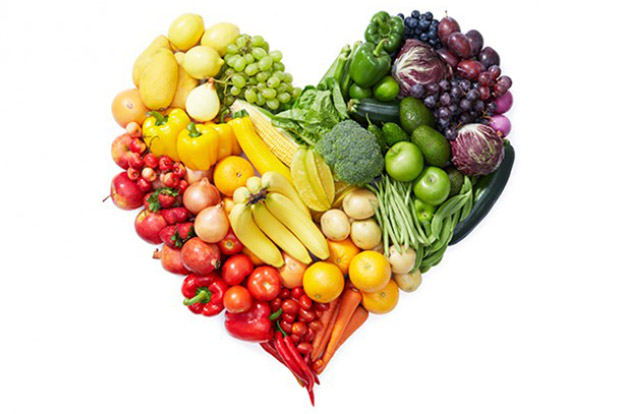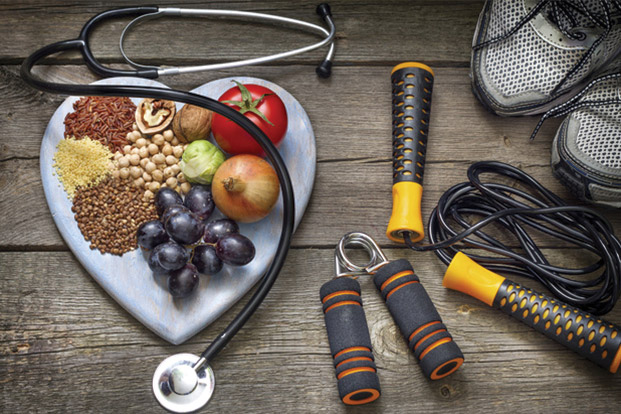Best Diet to Control Hypertension
Apr 19, 2022
Hypertension is the most common chronic disease of industrialized society, particularly among the middle and old age groups. It is a major contributor to the development of cardiovascular disease, stroke and renal failure. Patients with high blood pressure have a risk of strokes than those with normal blood pressure. The first treatment and management of primary hypertension is through behavior changes, dietary and life style modifications. Dietary management is an important part of treatment for hypertensive patient.
Energy requirement for hypertensive patient should be based on the concept of maintaining an ideal body weight. About 60-65 % energy should be provided through complex carbohydrates rather than simple carbohydrates. Whole wheat flour, whole grains or cereals (e.g. daliya, oatmeal, corn, ragi, brown rice, etc) are preferable than maida or highly polished rice.

Protein should contribute 15-20% of total energy need. Excess non-vegetarian foods especially red meat and egg yolks could be avoided as it has greater proportion of saturated fatty acids. Plant proteins (e.g. legumes & pulses and soybeans) are best for hypertensive patient because it does not contain cholesterol and are best sources of potassium and fibre. Skimmed or low fat butter milk, low fat yogurt, skimmed milk cheese and tofu are the major source of protein as well as calcium helps to maintain blood pressure. Almonds, Peanuts, walnuts, sunflower seeds, flaxseed (alsi), rajmah, lentils, etc are the best sources of energy, proteins, potassium, magnesium and fibre that help to control hypertension.
The fats incorporated in the diet should be rich in unsaturated fatty acids and should not provide more than 20% of total energy. Olive oil, canola oil, rapeseed oil, mustard oil, soyabean oil, fish oil (mackerel, sardines, trout and tuna fish), etc are the best source of omega 3 fatty acids (alpha linolenic acid) and safflower oil, sunflower oil, sesame oil, corn oil, etc are the best source of omega 6 fatty acids (linoleic acid) are benificial to maintain hypertension. All vanaspati/hydrogenated fats are saturated in nature and contain Tran’s fatty acids, which is not good for hypertensive patient.
The micronutrients affecting blood pressure are sodium, potassium, calcium and magnesium. All patients with hypertension are advised to limit salt (sodium chloride) intake. Patient may substitute sodium chloride with potassium chloride to control hypertension. The food rich in potassium, magnesium and fibre (e.g. green vegetables, green leafy vegetables, potato, tomato, broccoli, all kinds of fruits, etc) are very useful to control hypertension.
Garlic is reputed to have antihypertensive effects. Garlic stimulates nitric oxide synthase, providing a mechanism by which it might lower blood pressure. Caffeine, smoking and alcohol increase hypertension.
The DASH diet is the best recommendation for reducing blood pressure. The DASH diet is rich in fruits, vegetables and low fat dairy foods, and low in saturated and total fat. It is also low in cholesterol, high in dietary fibre, potassium, calcium, magnesium and high in protein. Vitamin D supplementation alone or with calcium can reduce blood pressure in people with hypertension. Sun light is the best source of vitamin D.
Lastly, we may say that the life style modification and proper nutritional management is the best way to control hypertension.









